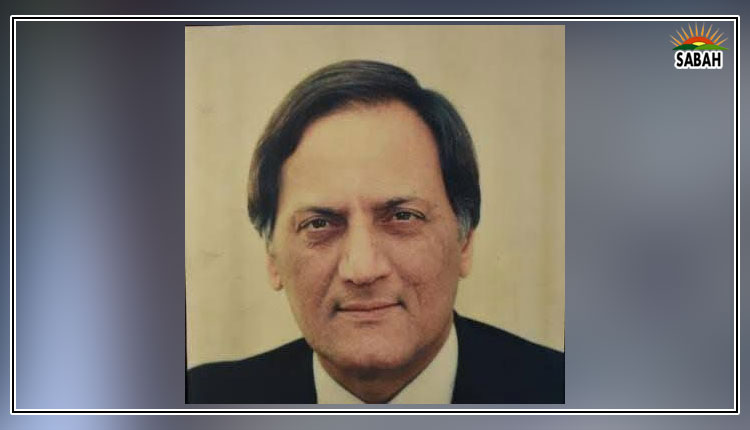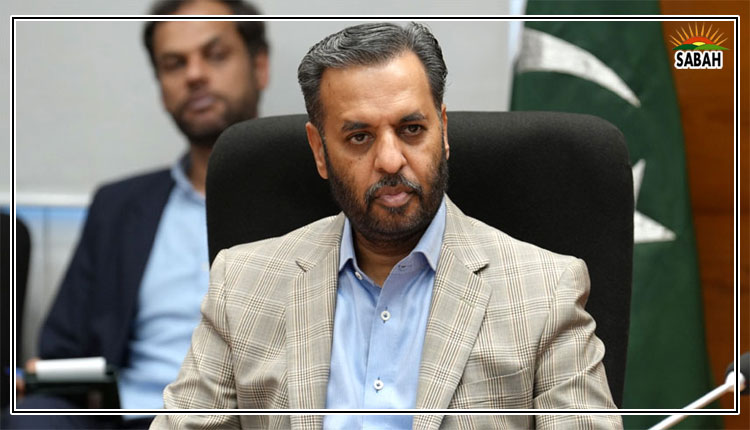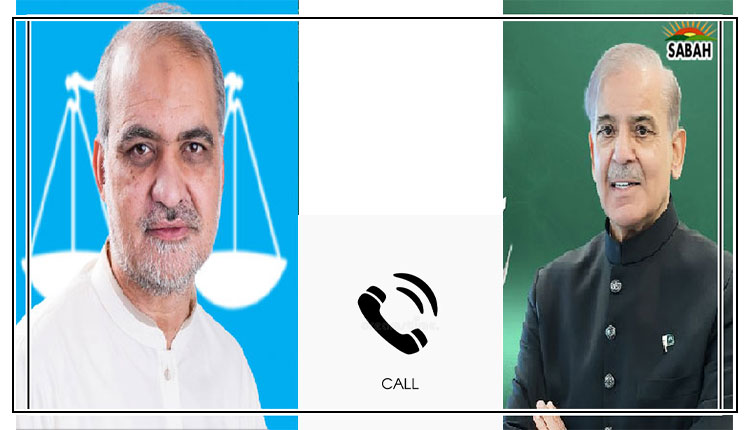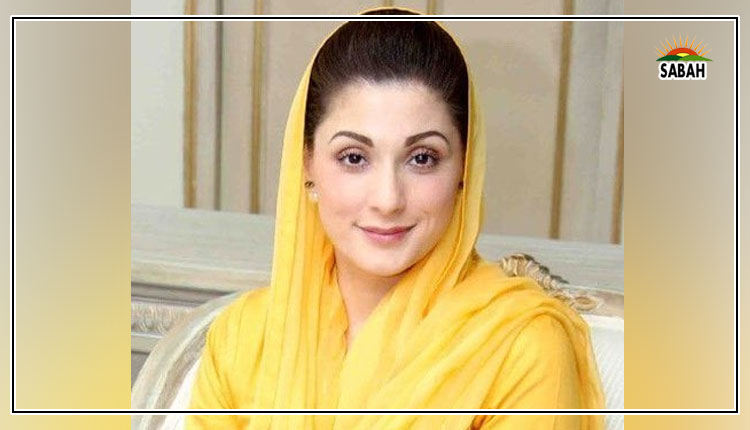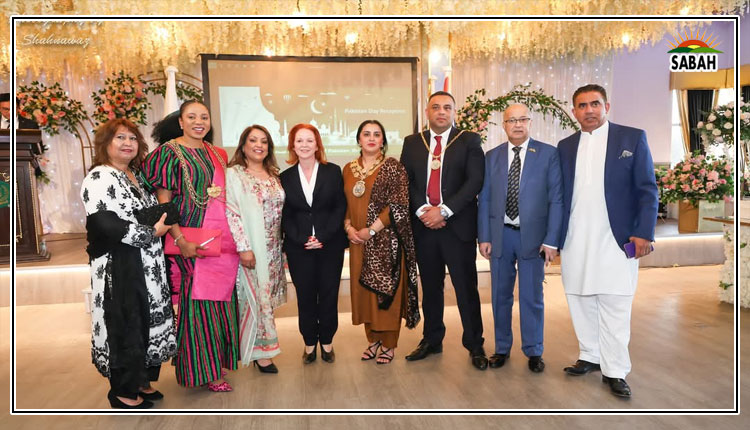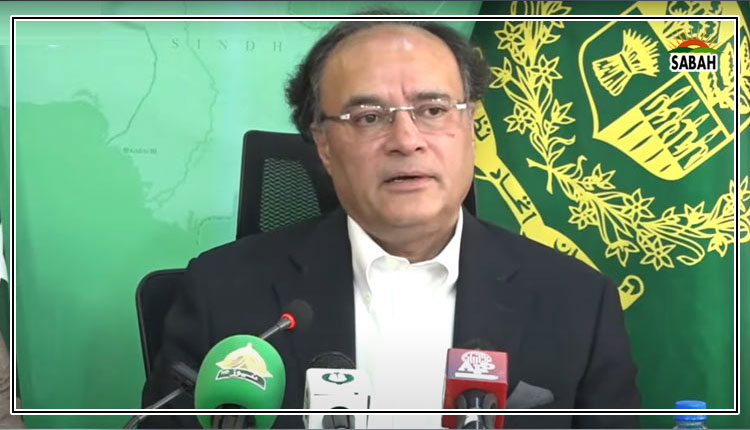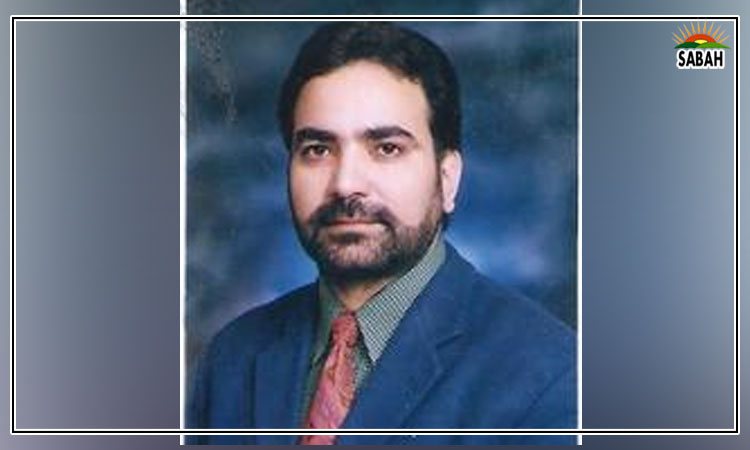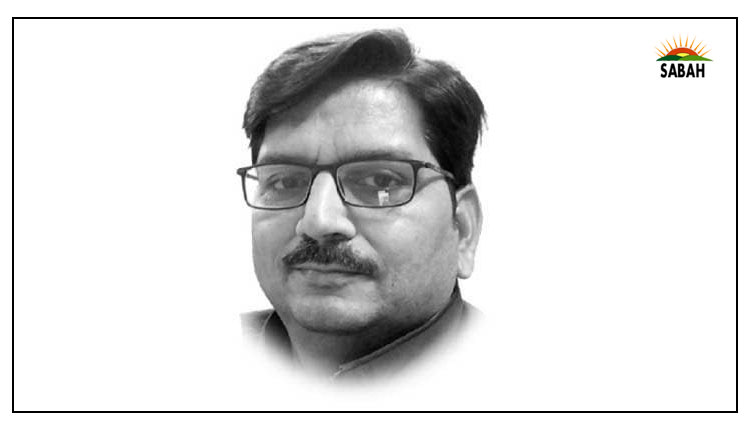To study literature is a different phenomenon…M Nadeem Nadir
Almost every candidate appearing at MCQs test for lecturer of English subject conducted by Punjab Public Service Commission fetches a sigh “English literature is an unfathomable ocean”. They vent their chagrin on failing to store in their memory the history of English literature starting from the Greek era down to the present age, particularly the elusive minutiae that beg rote learning.
What is more, students of old syllabus and then of newer one have to study all the old and the new in one go. The misery is compounded when a major chunk of English linguistics is incorporated into the fold as well. It is equally a Herculean task for students with higher education in English linguistics to prepare the literature for the first time.
Moreover, the students of English language and literature have to keep themselves abreast of all the current and old literary movements, which appear chronologically on the landscape of the particular language as language develops along the development of human civilisation. Then, the aspirants also have to know the backwards and forwards of reading, writing, speaking and listening. Parts of speech, figures of speech and literary terms must be in their random access memory.
The introduction of BS programme with an altogether different syllabus will bring about another shift in the content of MCQs. The lectureship job stands beyond their reach.
Different universities have prescribed different syllabi of English literature for their courses and curriculum at master’s level. The MCQs paper tries its level best to encompass almost all the syllabi.
The students of English have to watch the movies based on literary works, and read English newspapers and magazines to help themselves fare well at the competitive tests as questions are also apportioned to this area.
The inclusion of American literature, and the literature written in English in the post-colonial countries like ours, where English is learnt as a second language, has also contributed to eliciting a sigh of awe and amazement in the “adherents” of English.
Comparatively, candidates vying for lectureship in sciences, particularly natural sciences, do not face such enormity of the task. Their question paper hardly enters the no-go area beyond the master’s level of the subject. They don’t have to be familiar with the new findings in various branches of science. These students do not read any science journal ever. They don’t have to watch sci-fi movies because they are not asked about it, neither in their paper nor at the interview.
There must be a remedy for this malady, which is inflicted upon the students of English. English grammar and vocabulary happen to be the common ground for all the students of English whether they study: literature or linguistics; old or new syllabi; curriculum of this university or that. The MCQs test for the post of English lecturer must be based upon the lexical and functional categories of grammar, and the staple of vocabulary. Also, correction of grammatical errors, synonyms, antonyms and bilingual translation can be included to hone their writ
It is observed that the creativity and expertise of a student of English in our learning circles is gauged first by his or her understanding of English grammar, and adroitness for bilingual translation. The suggested format will put a premium at learning grammar in our education system as a majority of students of English find themselves stymied for their pallid grammar and anaemic vocabulary, though they are teemed with ideas which they garner from the life spent in climes supersaturated with experiences of problems and challenges.
Studies reveal that the bilinguals stand at a vantage point of creativity as they can amalgamate two cultures and civilisations of divergent origins. Every word of a language is a cultural snippet of that language. Culture to words and ideas is as 19th-century Delhi to Ghalib, or 16th-century Elizabethan England to Shakespeare.
Courtesy The Express Tribune, December 29th, 2023.



